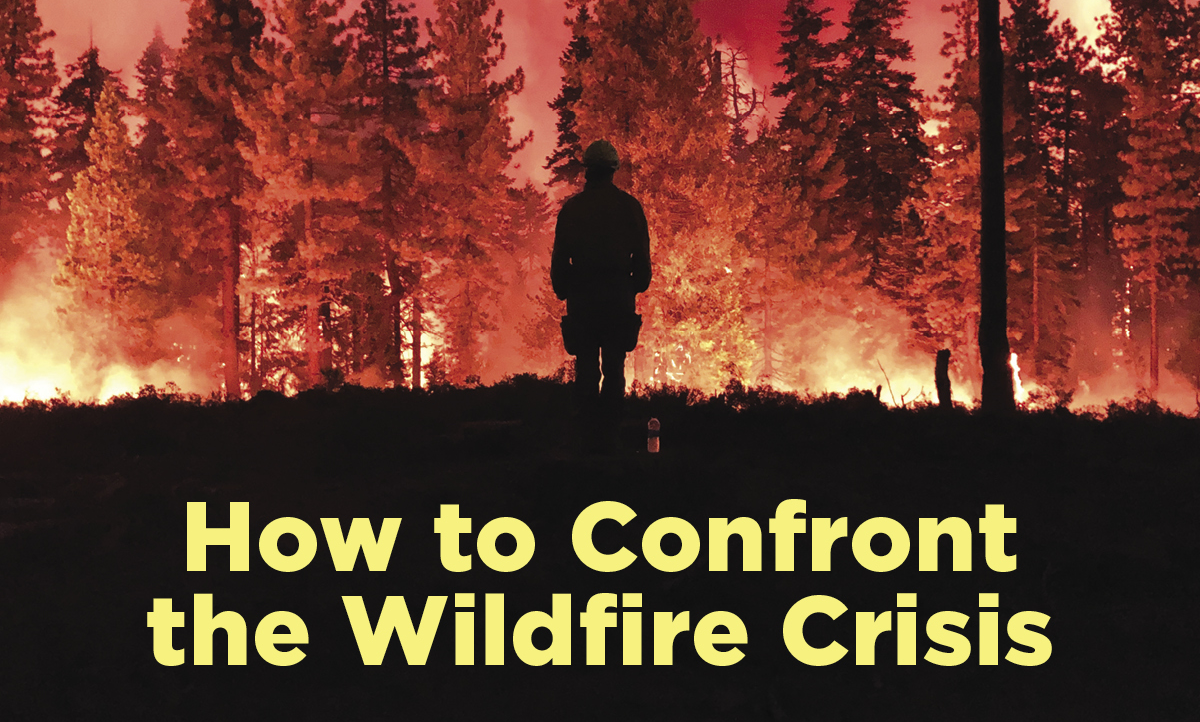
PERC Reports: Summer 2022
This special issue of PERC Reports explores the thorny issues of forest management, wildfire mitigation, and regulatory reform.
Read moreCatastrophic wildfires are sparking bipartisan interest in active forest management to reduce extreme fire risks. Earlier this year, the Biden administration unveiled a 10-year strategy to ramp up forest thinning and prescribed burns in an effort to “confront the wildfire crisis.” If fully implemented, the plan would increase these activities by up to four times current levels in the West. But despite growing recognition of the importance of forest management, significant hurdles remain. Red tape and litigation can hinder even the most-needed projects, contributing to an 80 million-acre restoration backlog in national forests. And partnerships with states, tribes, and the private sector are needed to conduct restoration work at scale. This special issue of PERC Reports explores these issues in detail.
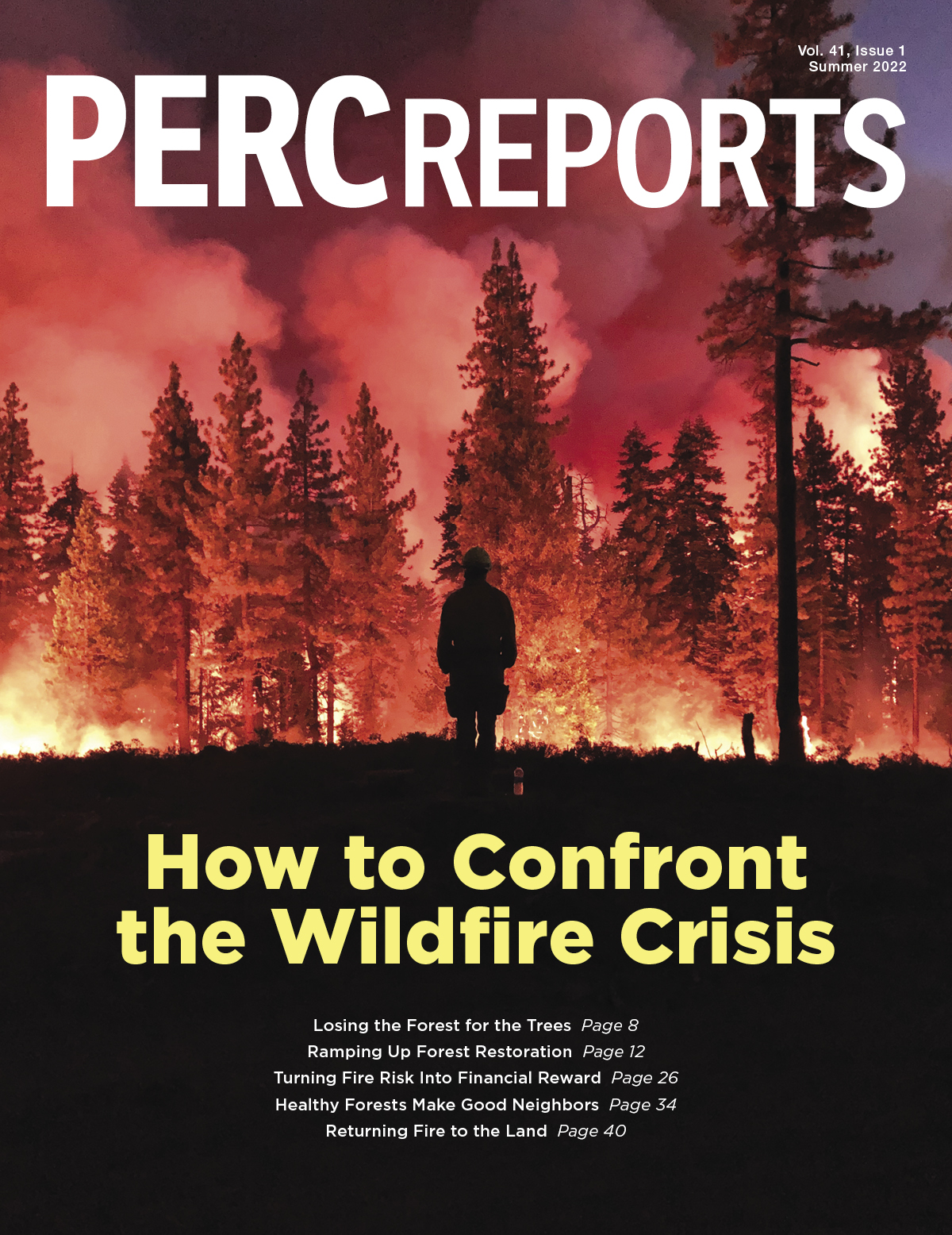

This special issue of PERC Reports explores the thorny issues of forest management, wildfire mitigation, and regulatory reform.
Read more
A century of fire suppression has altered the state of our forests.
Read more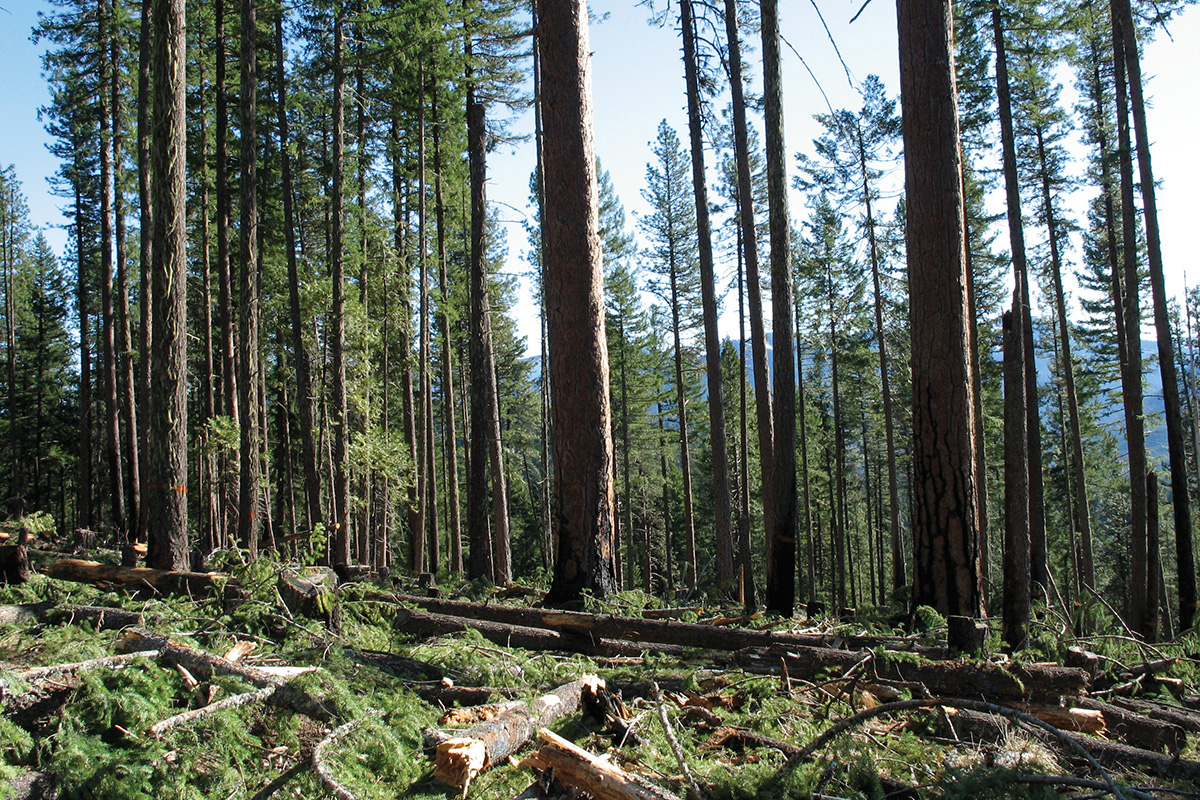
The U.S. Forest Service plans to increase the pace of forest restoration by 50 million acres over the next decade. Success, however, depends on partnering with states, tribes, and the private sector and tackling persistent policy obstacles.
Read more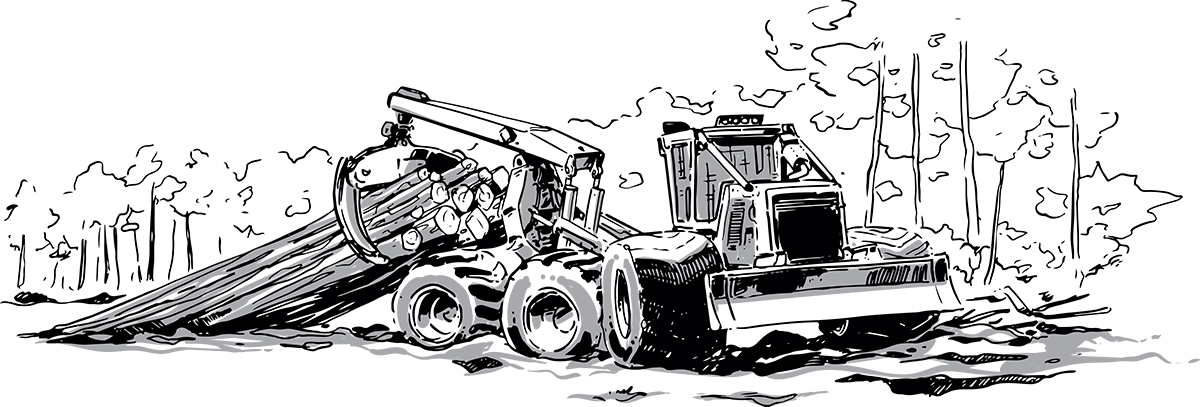
Many public forests in need of restoration are overgrown with small timber. These resources hold tremendous value—if innovative markets can put them to use.
Read more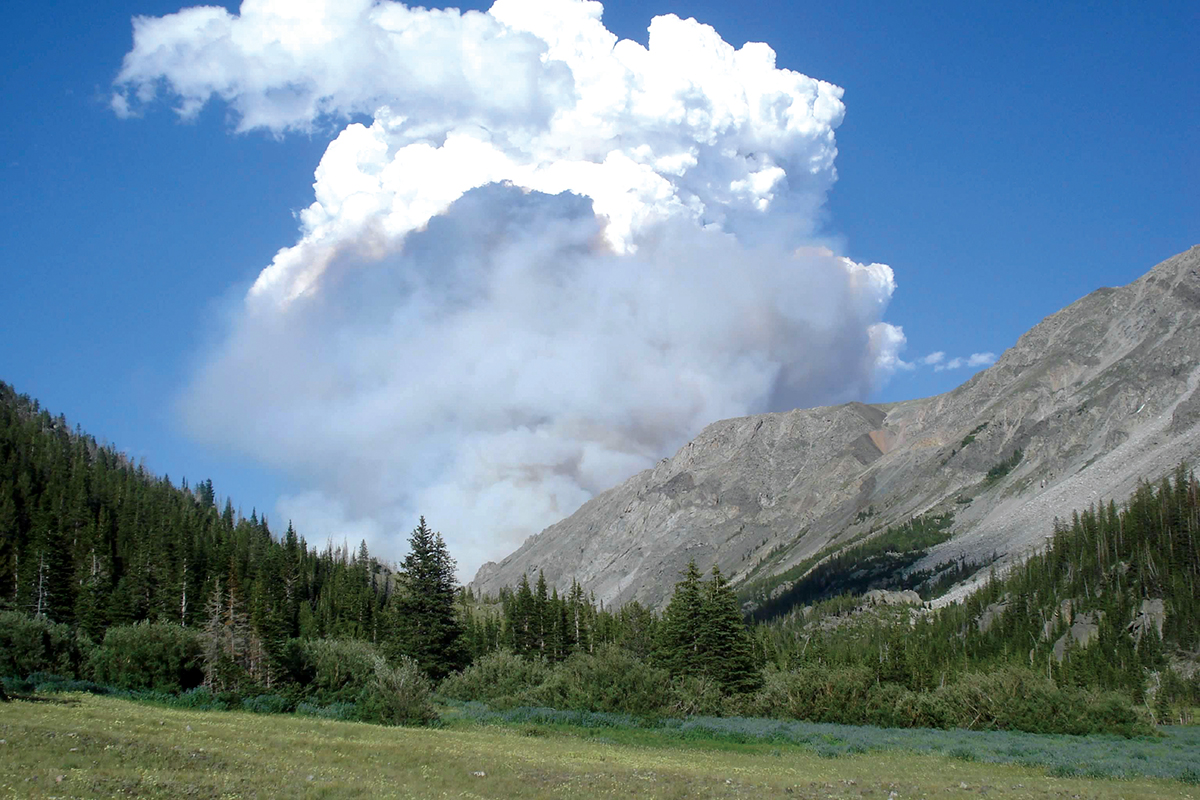
Through Good Neighbor Authority, federal agencies are working with states and other western partners to mitigate wildfire risk.
Read more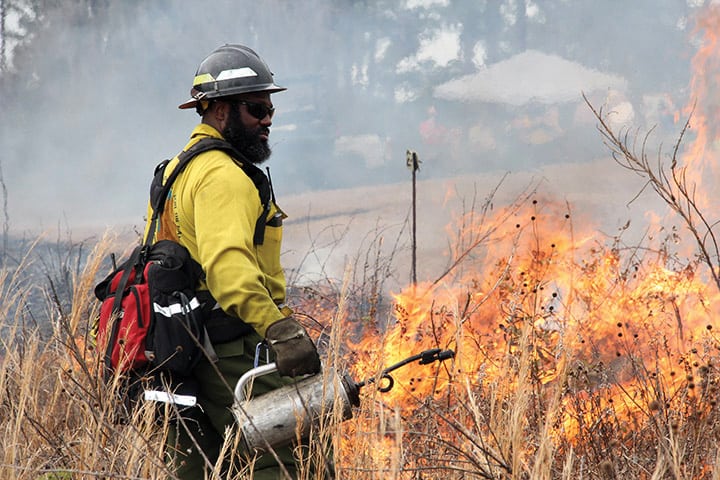
How a renewed focus on prescribed fire can help forests from coast to coast.
Read more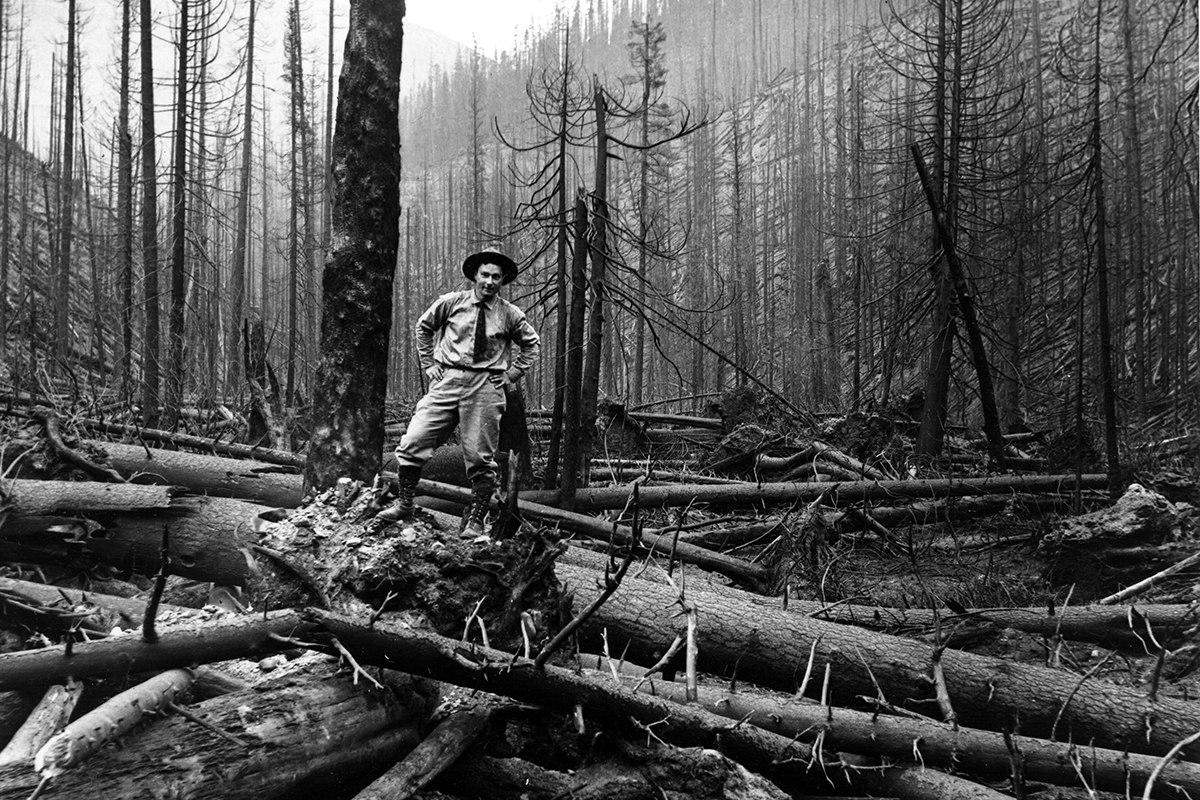
Decades of fire suppression fuel catastrophic wildfires today.
Read more
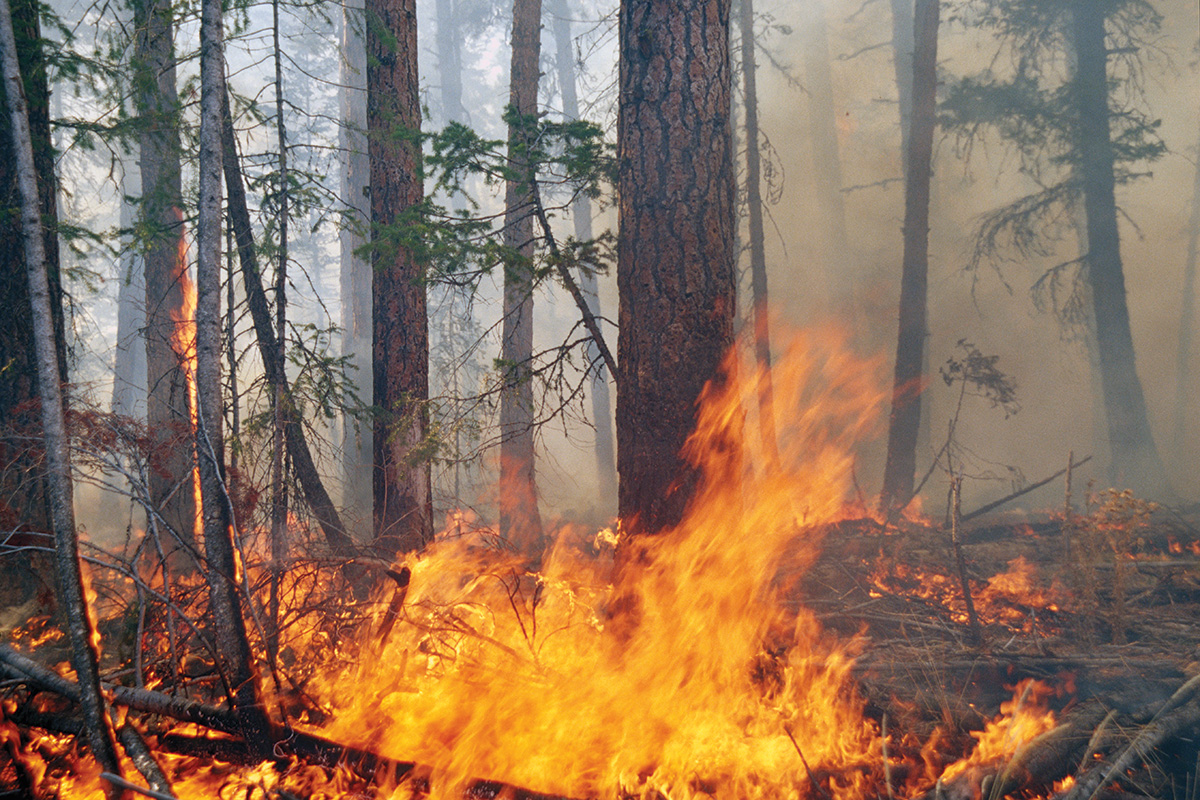
While well-intentioned, environmental review requirements prolong much-needed fuel treatments.
Read more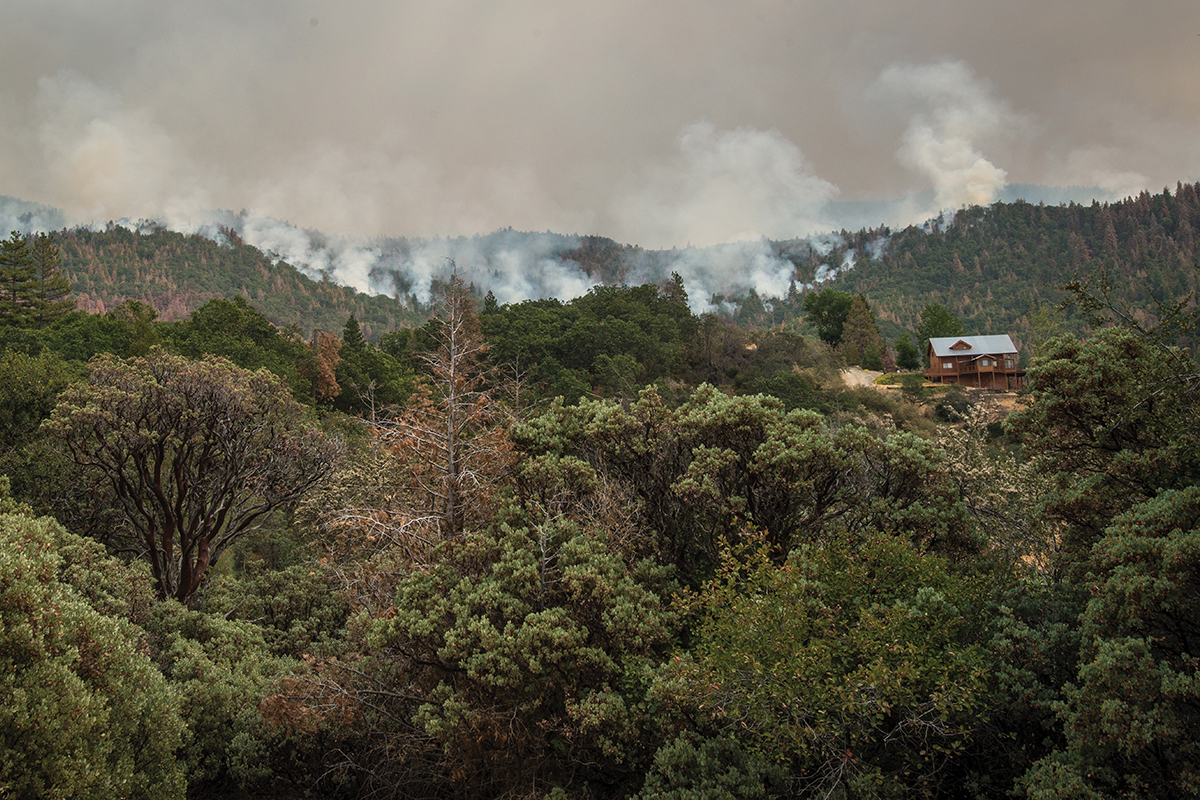
A Q&A with PERC Lone Mountain Fellow Judson Boomhower.
Read more